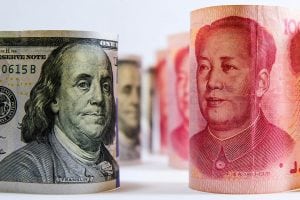 Import duties have taken effect on machinery, components and billions of dollars of additional products shipped to the U.S. from China.
Import duties have taken effect on machinery, components and billions of dollars of additional products shipped to the U.S. from China.
Continue Reading

 Import duties have taken effect on machinery, components and billions of dollars of additional products shipped to the U.S. from China.
Import duties have taken effect on machinery, components and billions of dollars of additional products shipped to the U.S. from China.
Continue Reading
 The Chinese government has announced key policies in recent weeks, including a plan to ban all recovered material imports by 2020. In the U.S., Waste Management offered details on the impact of National Sword thus far.
The Chinese government has announced key policies in recent weeks, including a plan to ban all recovered material imports by 2020. In the U.S., Waste Management offered details on the impact of National Sword thus far.
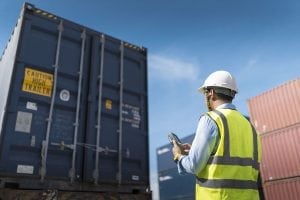 New pre-shipment inspection requirements for loads of scrap material bound for China are scheduled to begin this week, and one exporter says the change is going to be a costly disruption.
New pre-shipment inspection requirements for loads of scrap material bound for China are scheduled to begin this week, and one exporter says the change is going to be a costly disruption.
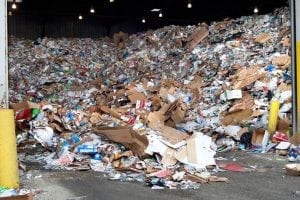 Chinese officials have responded to concerns from other nations about recent import restrictions. The Chinese comments directly address the “waste versus scrap” debate as well as global economic repercussions of National Sword.
Chinese officials have responded to concerns from other nations about recent import restrictions. The Chinese comments directly address the “waste versus scrap” debate as well as global economic repercussions of National Sword.
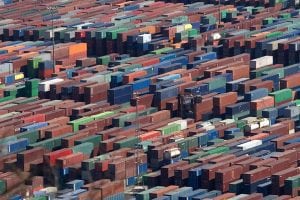 Many exporters of recovered materials have increased the volume they send to Southeast Asia this year in an effort to fill the void left by China.
Many exporters of recovered materials have increased the volume they send to Southeast Asia this year in an effort to fill the void left by China.
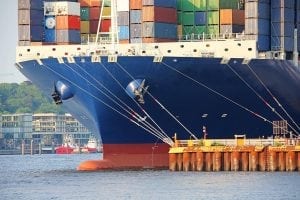 Many developments related to the Chinese recycling import market have taken place in recent weeks. The following is a look at key updates.
Many developments related to the Chinese recycling import market have taken place in recent weeks. The following is a look at key updates.

Months after China ramped up restrictions on scrap imports, countries such as Indonesia, Malaysia and Vietnam are initiating similar, if less extensive, policies as officials try to get a handle on massive increases in shipments and improper use of permits.
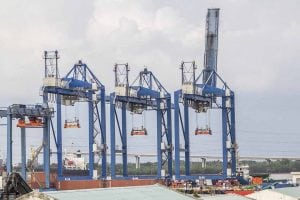 Vietnamese authorities have boosted inspections of scrap imports and plan to halt shipments to key ports next month.
Vietnamese authorities have boosted inspections of scrap imports and plan to halt shipments to key ports next month.
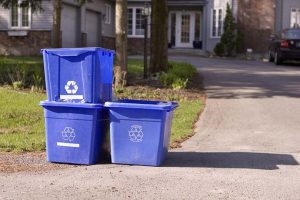 Debate over source separation has carried on since the single-stream concept emerged, but it has received particular attention over the past year, because of China’s import restrictions and the ensuing market fallout.
Debate over source separation has carried on since the single-stream concept emerged, but it has received particular attention over the past year, because of China’s import restrictions and the ensuing market fallout.
